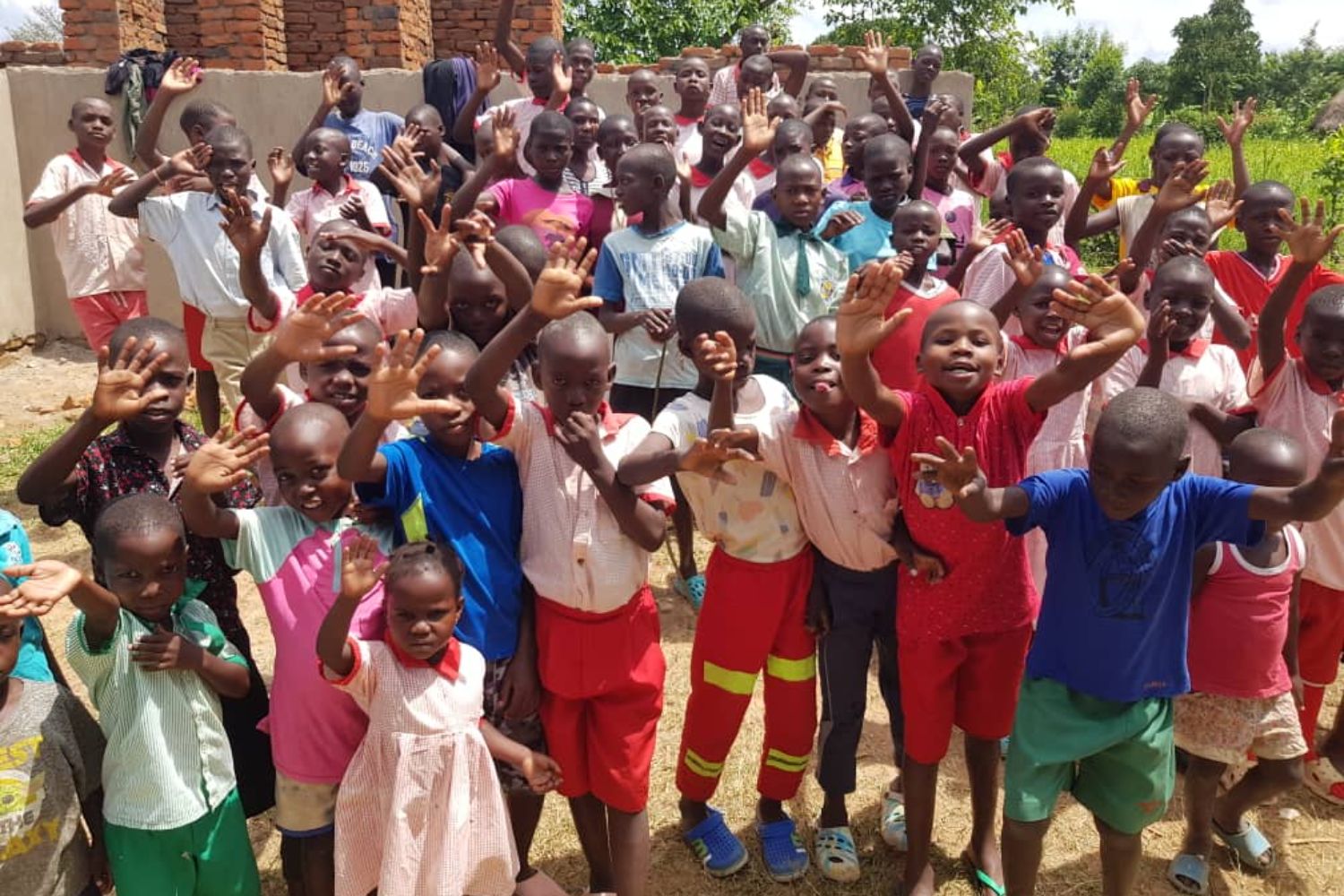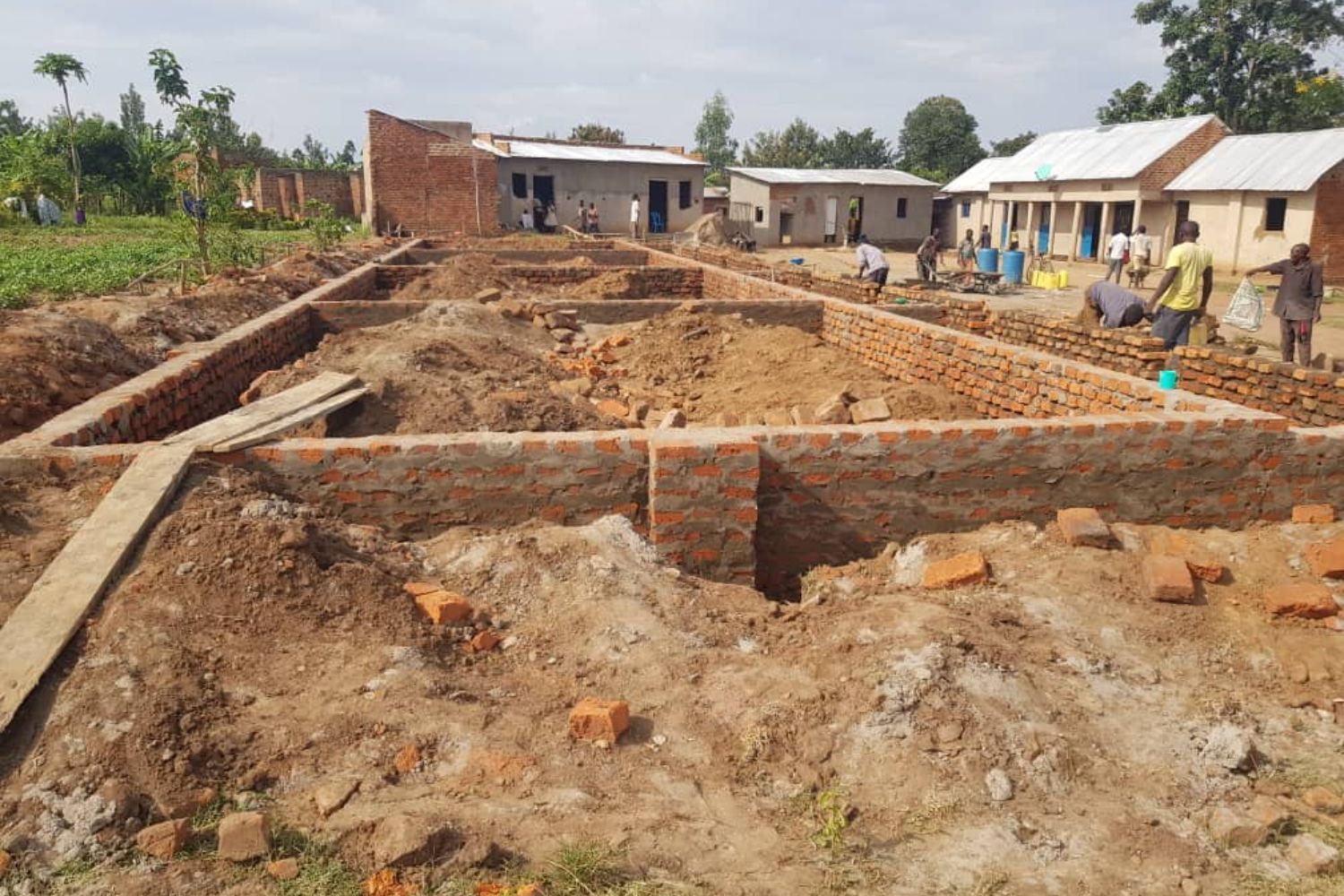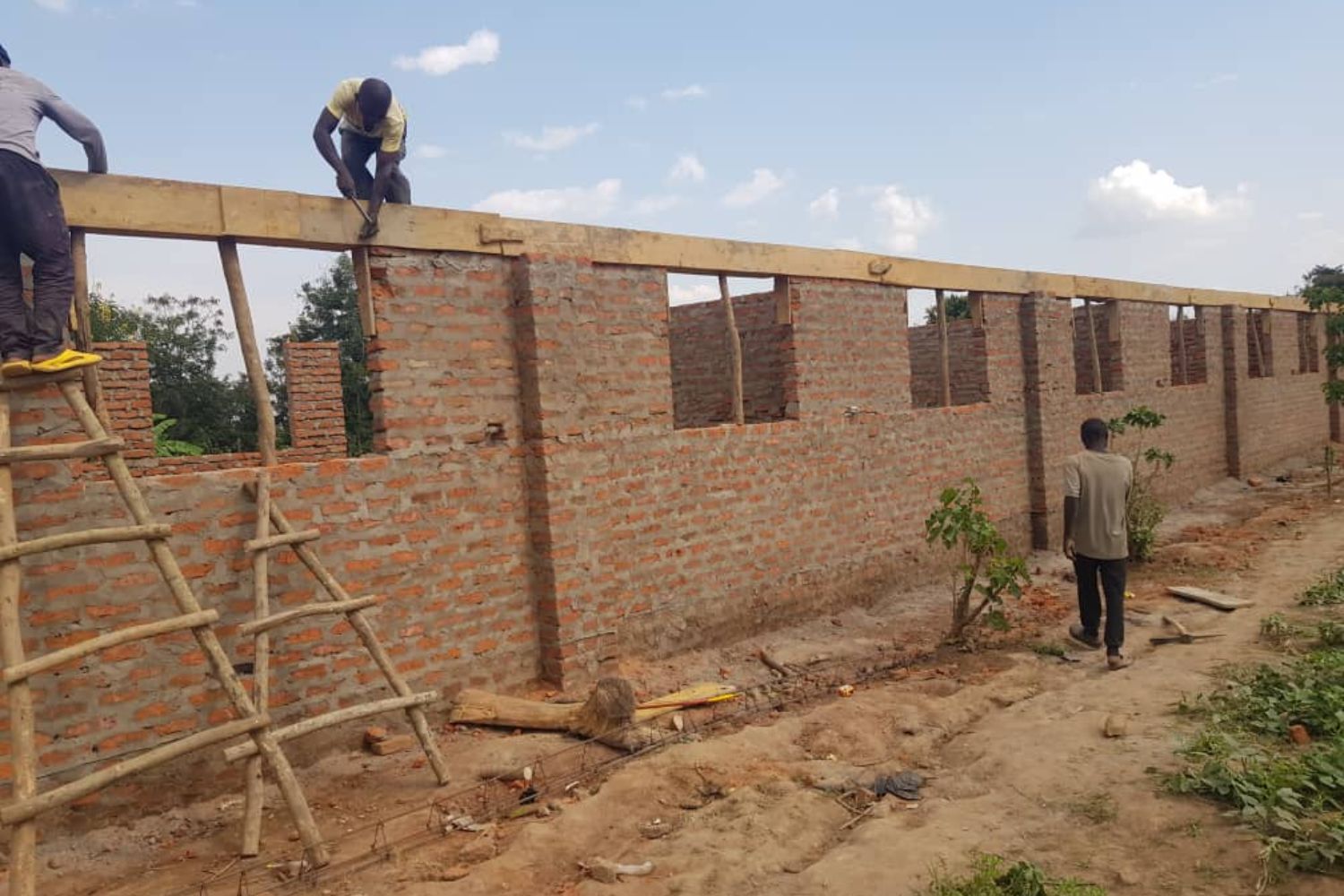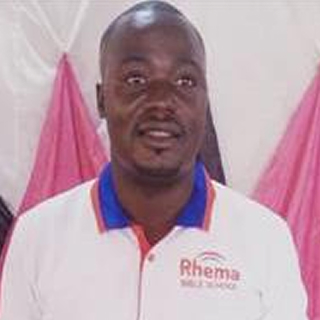Summary
This is a proposal to fund the final phase of a classroom reconstruction project at Rhema Orphanage Nursery & Primary School in Sapiri Village, Uganda.
The project will support the painting, decorating, and solar electrification of four new classrooms which will be used by 200 children. The aim is to complete and open the classrooms within the next four weeks.
Rhema Orphanage School was established by Mike Bwire, who experienced firsthand what it means to grow up without access to education. He established the school in Sapiri Village, a rural area in Eastern Uganda where many children had never attended school due to distance, poverty, and a lack of infrastructure.

However, the community came together to support the rebuild process: laying foundations and constructing walls and roofing using local labour, which also provided jobs and income to villagers. The classrooms are nearly complete and what remains is the finishing phase, and that’s where Kwanda comes in.
Why this matters
In Sapiri Village and surrounding areas, Rhema Orphanage School is the only accessible primary school. Without it, hundreds of children would miss out on an education. Many already face significant challenges, from hunger and instability at home to limited access to basic learning materials.

By rebuilding the classrooms, the school can continue to offer a vital lifeline. But beyond just walls and roofs, these classrooms need to be functional, safe, and welcoming learning environments. That means proper lighting, painted walls, and educational materials on display.
The use of solar electricity is especially important. It ensures that classrooms are lit even when grid power is unavailable, making it possible for students to study and teachers to teach effectively throughout the day.
What the project will change
This project will transform bare classroom shells into vibrant, functional learning spaces. Instead of sitting in unfinished, dark rooms, students will learn under proper lighting with educational materials on display. Teachers will be better equipped to deliver lessons, and children will experience a safe, inspiring environment that encourages learning and attendance.

The installation of solar-powered electricity will mean that students can benefit from lights and even a projector—enabling more interactive teaching methods. This is especially transformative in a village where electricity access is otherwise limited or nonexistent.
By involving local labourers and an engineering team, the project also strengthens the community. Locals not only gain skills and income but also a sense of ownership over the school’s development.
Attachments
Please find the supportive attachments for your review here:
That's all!
Please cast your vote by Monday 13 Oct, and if you have any questions regarding the proposal you can reach out to the Kwanda team on team@kwanda.co
